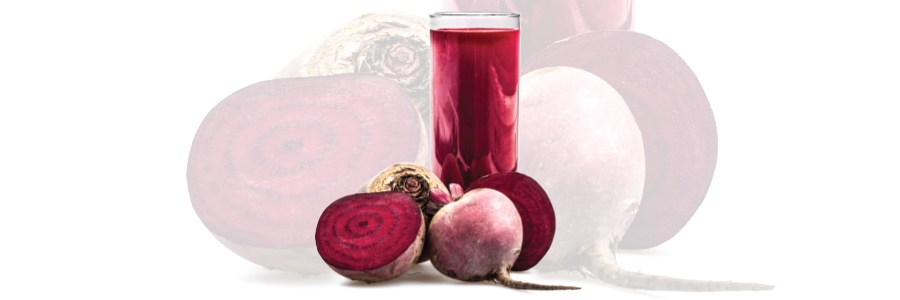


Sign-up for {N}power to get exclusive discounts, newsletters, members-only features, and more!
 Denver - Design District - Alameda and Broadway
Denver - Design District - Alameda and Broadway
368 S Broadway
Denver, CO 80209
United States
 Preferred Store:
Select a Store
Preferred Store:
Select a Store

The carotenoids lutein and zeaxanthin are known to support healthy brain function in older adults, but recent research has found it may be equally important for supporting brain health and development in children. A 2021 study published by researchers at Tufts University and Harvard University revealed a link between higher maternal intakes of lutein and zeaxanthin during pregnancy and improved cognitive function in their offspring.
The researchers assessed the dietary intake of lutein and zeaxanthin in more than 1,500 expecting mothers during their first and second trimesters. Following the births, various cognitive tests were carried out during early and mid-childhood to determine the impact of maternal lutein levels on child cognition. In analyzing the data, researchers found that those children whose mothers had the greatest intake of lutein and zeaxanthin during pregnancy had greater verbal intelligence, as well as better behavioral and emotional control in mid-childhood.
Lutein and zeaxanthin during pregnancy improved cognitive function in offspring
In pregnancy, lutein and zeaxanthin from the mother are actively transported to the infant via the umbilical cord and placenta and have been found to be the most abundant carotenoids in these tissues. Both lutein and zeaxanthin are also found in the mother’s breast milk, demonstrating just how important these carotenoids are for infant development. They also preferentially accumulate in the brain, where they have antioxidant and anti-inflammatory properties and support communication between brain cells.

New research shows that drinking beetroot juice can promote healthier blood vessels and brain function by promoting a healthy balance of bacteria in the mouth, helping to shed light on the role that a healthy oral microbiome plays in overall health.
In the study, healthy older adults (aged 70-80) participated in two 10-day study periods in which they drank a nitrate-rich beetroot juice twice daily for one period and a nitrate-free placebo juice for the second period. The results showed that supplementing with nitrate-rich beetroot juice (providing 750 mg of inorganic nitrate per day) increased levels of oral bacteria linked with vascular and cognitive health and decreased bacteria associated with disease and inflammation. There was also a decrease in systolic blood pressure in the beetroot juice-supplemented group.
Beetroot is a rich source of inorganic nitrates, which certain species of oral bacteria turn into nitric oxide, which plays an important role in the health of our blood vessels and how certain brain chemicals function.



Sign-up for {N}power to get exclusive discounts, newsletters, members-only features, and more!
